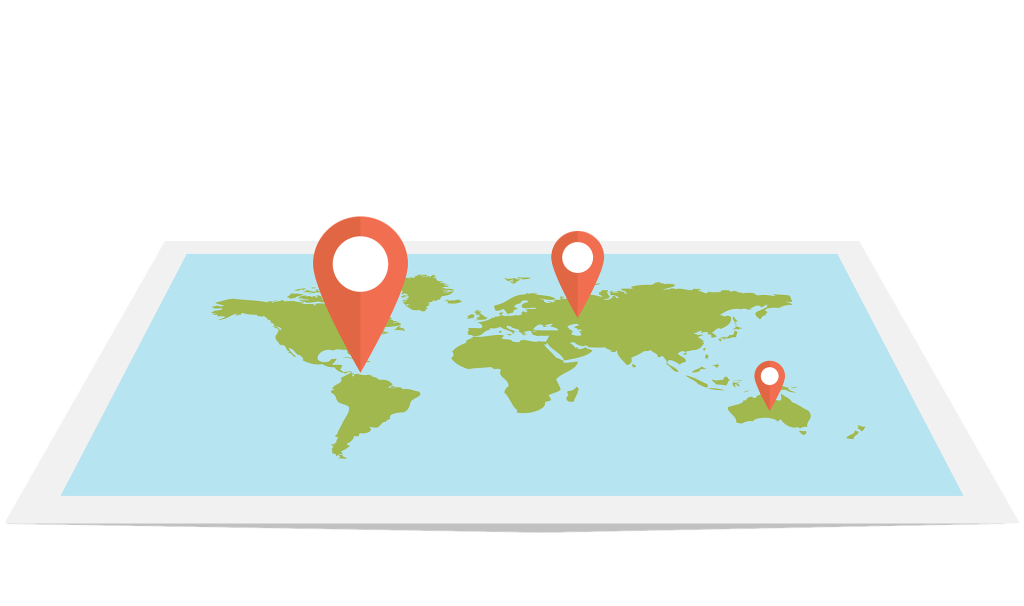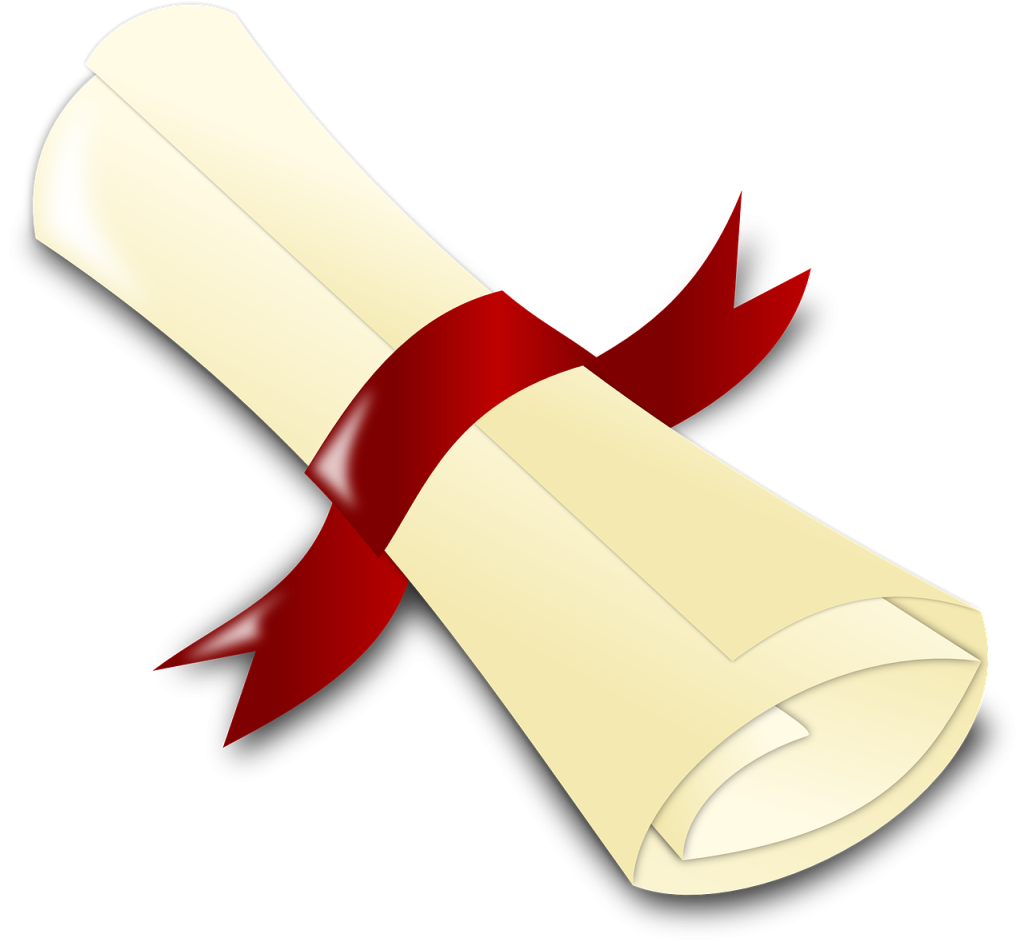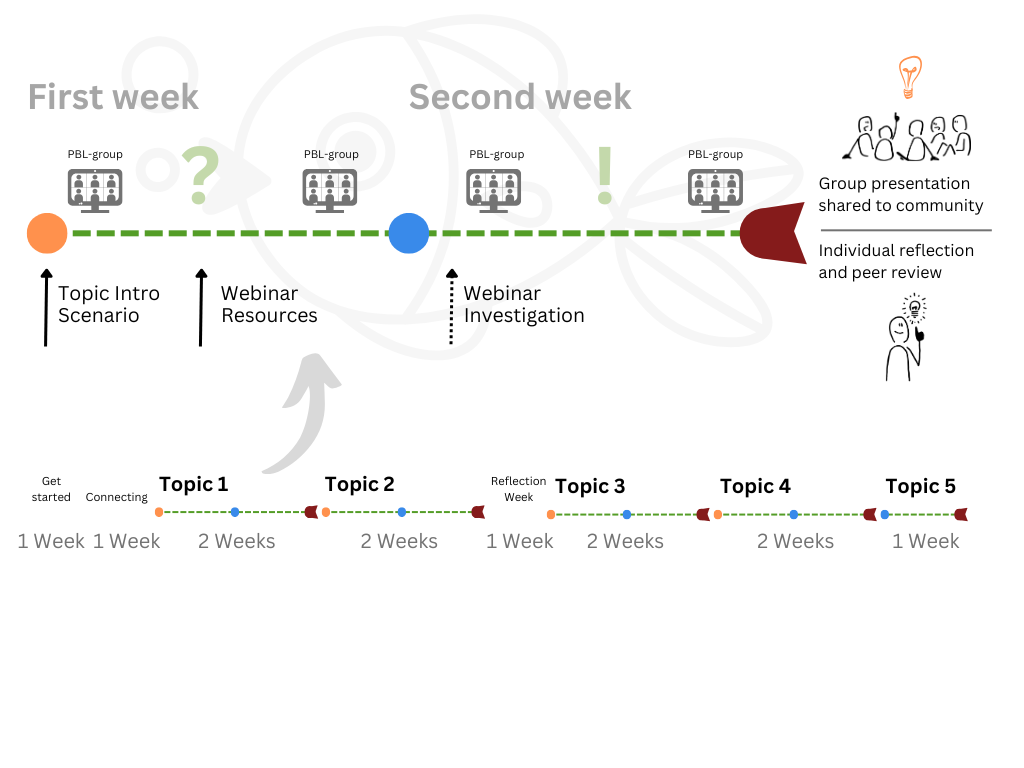Get Started with Open Networked Learning
Welcome to ONL!
Are you a teacher, course designer, educational technologist, or otherwise interested in online and blended learning and teaching in higher education?
Join our global community to explore the exciting world of open-networked learning.

What is ONL?
ONL is a free, open, online course and a professional development opportunity in higher education pedagogy.
During 12 weeks (equivalent to 80 hours of study), you’ll collaborate with peers worldwide, gaining insights into digital learning spaces and online pedagogy.
Course Goals
Experience collaborative, open online learning.
Understand the value and challenges of digital learning spaces.
By the end of the course, you’ll be able to:
- Discuss and reflect on digital literacy, collaborative learning, and openness.
- Critically evaluate open networked learning in your teaching practice, course delivery, and methods
Over 12 weeks, you’ll engage in open, collaborative learning and problem-based learning (PBL) to build your personal learning network.
What to Expect:
- PBL Groups: Collaborate online with peers.
- Learning Materials: Read, watch, or listen to course content.
- Reflections: Document your thoughts and insights.
- Peer Feedback: Share and receive feedback in an international context.
- Webinars: Join webinars to enhance your learning experience.
Course Requirements and Certification
To earn your certificate, you’ll need to:
- Participate Actively: Engage in PBL group work, both synchronously and asynchronously. Take on tasks, create presentations, and provide feedback.
- Reflect and Document: Reflect (around 400 words) on each topic, using your own words and referencing relevant literature/resources. Themes are provided for each topic.
- Peer Feedback: Comment on at least one reflective piece by a peer for each topic.
Complete these activities to receive a certificate from the ONL course team or your institution.

Course content and Topics
The course is structured as follows
| Content | Duration |
|---|
| Week 1 | Getting started | 1 Week |
| Week 2 | Connecting week | 1 Week |
| Topic 1 | Online participation and digital literacies | 2 Weeks |
| Topic 2 | Open learning – sharing and openness | 2 Weeks |
| Reflective Week | |
| Topic 3 | Learning in communities – networked collaborative learning | 2 Weeks |
| Topic 4 | Design for online and blended learning | 2 Weeks |
| Topic 5 | Lessons learnt – future practice | 1 Week |
Course Content – Read more in Course Overview in the menuCourse Design and Process
The ONL course design builds on open, collaborative, and networked learning practices and explores how a problem-based learning format can be utilized in an online learning environment. Read more about our course design here.
You and your group start a topic with a scenario (an authentic situation or context) to engage in. Using the FISh model (developed by Nerantzi and Uhlin, 2012), the scenario will trigger some questions you and your group want to investigate more. For your help, you can use the resources shared on the ONL site, webinars, and your research. In each topic, the results of your group engagement and interaction with the content are 1) a group presentation you share with the community and 2) an individual reflection.

FISh – a model for individual, pair and PBL group inquiry
Within the framework of a Problem-Based Learning approach a simplified model for inquiry, called FISh, has been developed (Nerantzi and Uhlin, 2012). We suggest the use of FISh when working collaboratively with inquiry into scenarios in each topic. Even if you learn autonomously or with a learning buddy, FISh might help you as a structure for your learning process. However, remember that learning is messy and following or restricting yourself to a linear process might not work and can be frustrating at times.
More to read